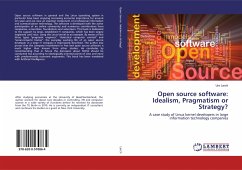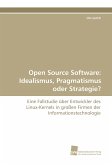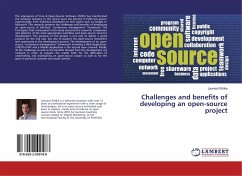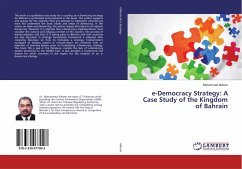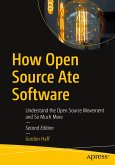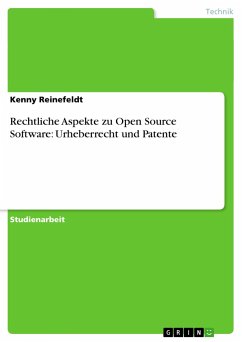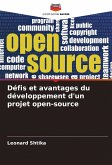Open source software in general and the Linux operating system in particular have been enjoying increasing economic importance for around ten years and are now an essential component of professional information and communication technology. The software is developed with the active participation of an online community and numerous contributions from companies, universities, foundations and volunteers. This book is dedicated to the support by large, established IT companies, which has been largely neglected until now, using the Linux kernel as an example. By means of the three types "pragmatic engineer", "dialectical computer scientist" and "social-romantic hacker", the everyday working life of an open source developer in a large IT company is impressively described. The author also proves that the company involvement in free and open source software is much higher than known from other studies. He concludes by recommending that in future the discussion about FLOSS should be conducted less according to ideologically oriented points of view and more with predominantly economic arguments. This book has been translated with Artificial Intelligence.
Bitte wählen Sie Ihr Anliegen aus.
Rechnungen
Retourenschein anfordern
Bestellstatus
Storno

